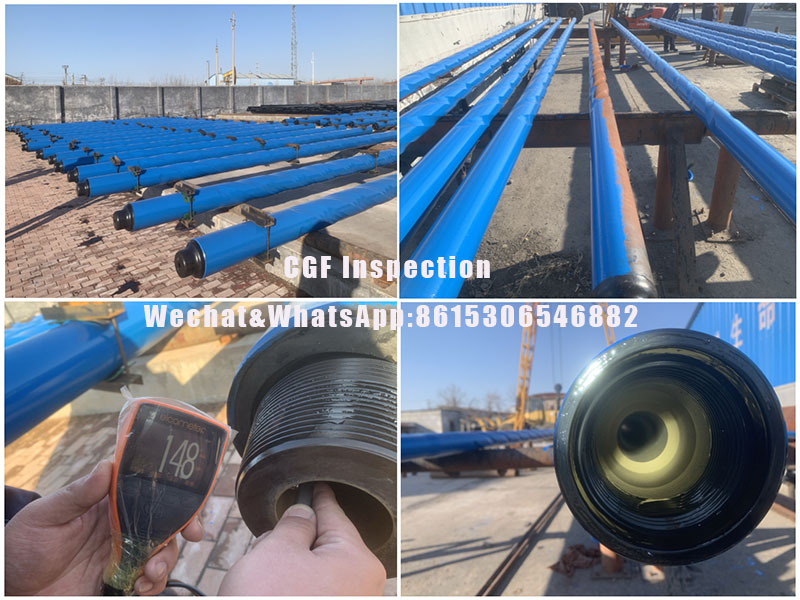What is Industrial Quality Control?

What is Industrial Quality Control?
Industrial Quality Control (IQC) is the systematic framework of processes, procedures, and technologies implemented throughout the manufacturing lifecycle to monitor, evaluate, and elevate product quality. It represents a fundamental shift from reactive end-of-line defect detection to a proactive strategy focused on preventing quality issues at their source.
Core Principles of Modern Industrial Quality Control
-
Proactive Prevention: Identifying and mitigating potential defects before they occur in production.
-
Lifecycle Integration: Embedding quality checks at every stage – from raw material intake to final product shipment.
-
Consistency & Standardization: Ensuring every unit meets identical, predefined specifications.
-
Waste Minimization: Reducing scrap, rework, and resource inefficiency through early defect detection.
-
Customer-Centricity: Guaranteeing products consistently meet or exceed end-user expectations for performance, safety, and reliability.
Why Industrial Quality Control is Essential
Implementing robust IQC delivers tangible competitive advantages:
-
Reduced Operational Costs: Minimizing waste, rework, recalls, and warranty claims directly lowers production expenses.
-
Enhanced Production Efficiency: Streamlined processes with fewer disruptions and bottlenecks increase throughput.
-
Strengthened Brand Reputation & Trust: Consistently high-quality products build customer loyalty and positive market perception.
-
Improved Customer Satisfaction & Retention: Reliable, safe products meeting specifications lead to higher customer lifetime value.
-
Regulatory Compliance & Risk Mitigation: Ensures adherence to critical standards (ISO, IATF, SASO, etc.), avoiding fines, recalls, and legal liabilities.
-
Data-Driven Decision Making: Provides actionable insights for continuous process improvement and innovation.
The Proactive IQC Approach vs. Traditional Inspection
-
Traditional Inspection: Focuses on detecting defects in finished products (Reactive, Costly, High Waste).
-
Modern Industrial Quality Control: Focuses on preventing defects through process control, real-time monitoring, and root cause analysis (Proactive, Efficient, Cost-Effective).
In essence, Industrial Quality Control is the strategic backbone of manufacturing excellence. It transforms quality from a final checkpoint into an integrated, data-driven culture that permeates every aspect of production, driving sustainable growth and customer trust. Modern IQC leverages methodologies like Six Sigma, Lean, SPC, and TQM, augmented by Industry 4.0 technologies (IoT, AI, Machine Learning), to achieve unprecedented levels of precision and reliability.
